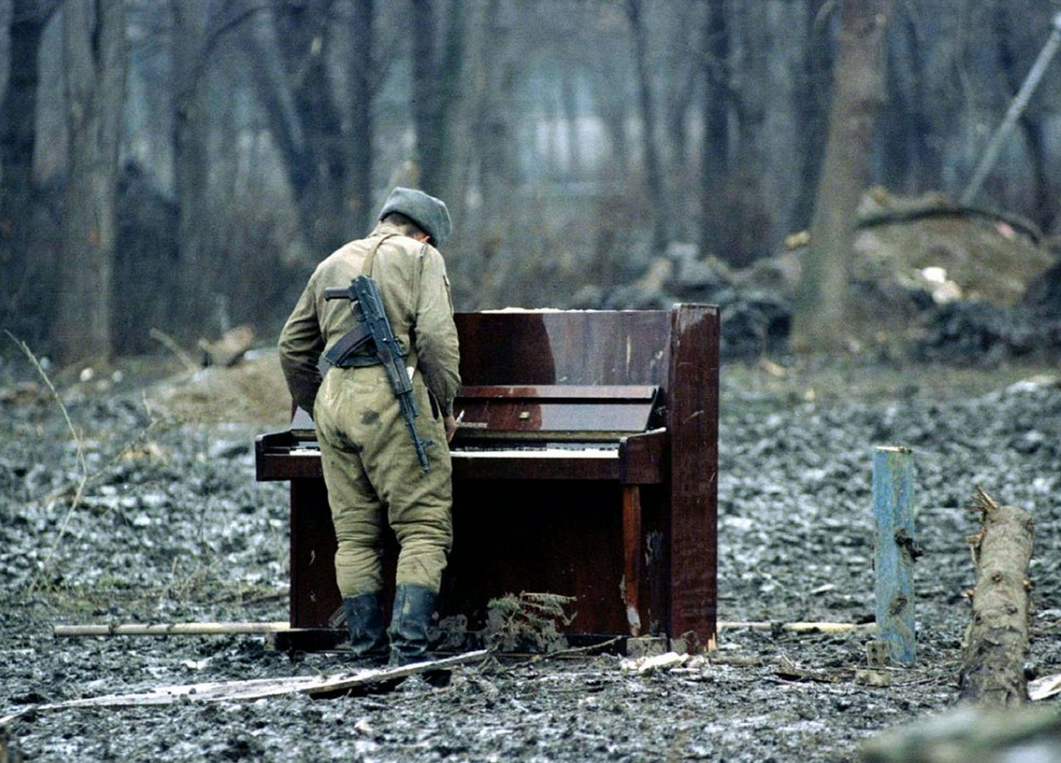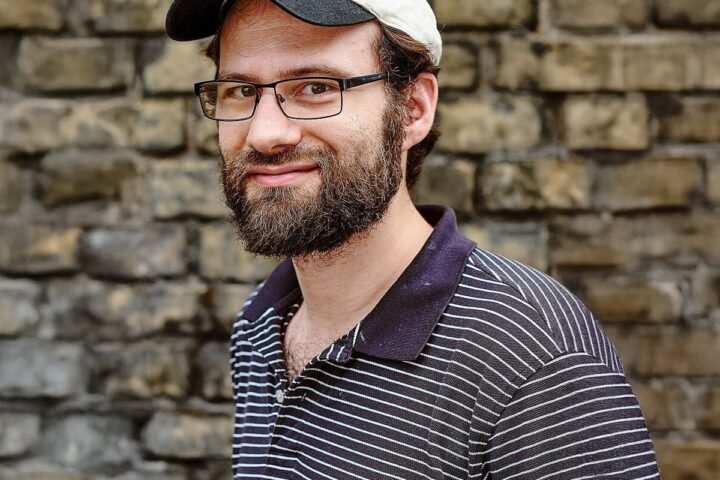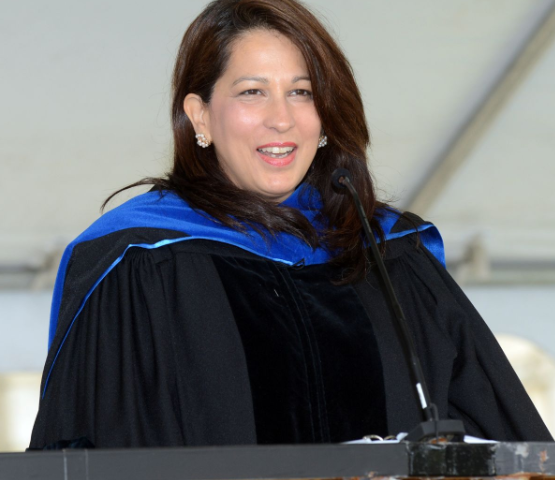The relationship between war and music in the post 9/11 era is different than it was during the height of the Vietnam War.
On April 28, Columbia University hosted an event called Soundtrack of War, which examined the parallels between music and the wars in Vietnam, Iraq and Afghanistan. Service Together, an organization that seeks to bridge the gap between veterans and civilians, organized the event.
The music of the 1960’s gave listeners, present and future, an understanding of the conflict and politics of the time. The same cannot be said of the wars following 9/11.
In terms of the war and the politics around it, veterans of Iraq and Afghanistan have little connection to the popular mainstream music of the 21st century as it relates to their experiences. They have no Marvin Gaye or Pete Seeger. No Creedence Clearwater Revival or Buffalo Springfield. No recognition in terms of pride or protest.
The event included performances by singer/songwriter and former Marine scout sniper Brandon Mills, Eli Smith from Down Home Radio and Peter Stampfel of the Holy Modal Rounders.
Host, Molly Pearl, raised the questions— what contemporary tracks define the war in Iraq and Afghanistan? Why is there a lack of protest music in the mainstream?
Pearl said most people cite the lack of draft in this era as a major reason for societies disconnect from the war and its veterans, but does not believe the answer is that straightforward.
With the lack of a draft and the reliance on a 100 percent voluntary military force, society has less “skin in the game.” The American government is more likely to use military force with an all-volunteer military than it will with a drafted military.
Students and faculty of Queens College offered their own personal experiences and explanations to the contemporary relationship of music and war.
James Marone, 27, a junior majoring in English is a Marine Corps veteran. Marone served in Afghanistan from 2011 to 2012. His experience with music while deployed was described as a melting pot.
“The taste in music over there is as diverse as our society. I happen to like EDM,” Marone said.
Another QC veteran, Dennis Torres, 31, is the Veteran Outreach Specialist at QC. Torres served in the Marine Corps for 10 years. He deployed twice to Iraq, first in 2006 to Fallujah and again in 2009 to Al-Anbar along the Syrian border.
“For the individual Marine, soldier, or sailor it’s inspirational or motivational. [Music] gets you through the day, because there are days where it sucks. It sucks so bad. Hundred plus degree-weather, you have no food, you have no water. You’re getting shot at. The stress is ridiculous. For me, when I had a chance to listen to music it allowed me to decompress,” Torres said.
Growing up in a Latin home, Torres’s connection to Spanish music helped him during his deployment to Fallujah.
“2006 was a more stressful deployment for me,” Torres said, “The only thing that allowed me to go to sleep, like legitimately allow me to go to sleep, was I had to listen to Spanish music.”
Dr. Edward Smaldone is a professor of music at QC and the director of Aaron Copland School of Music. He thinks the lack of contemporary music during the wars in Iraq and Afghanistan is because of what he thinks recording artists care about the most when they release music.
“Frankly, my own personal theory, most artists’ are more interested in selling records or selling downloads than they are in a particular political statement,” Smaldone said.
Susan Hulluaer is an adjunct professor at QC who teaches about protest music. She says that music follows a capitalist crowd.
“It all depends on the popularity of the musician and the popularity of a particular cause,” Helluaer said. “Aligning with a cause can sell music, or it can put a singer in a difficult position. Remember, the music industry is about one thing and one thing only: money.”
Helluaer however, noticed a change in the trend music has followed from the 1960s to today.
“Now that more artists are producing their own recordings, rather than relying on a big label to make the recording and market it, new rules are being written as we speak. Big Labels don’t have the power they used to have, nor does Top 40 radio,” said Helluaer.














